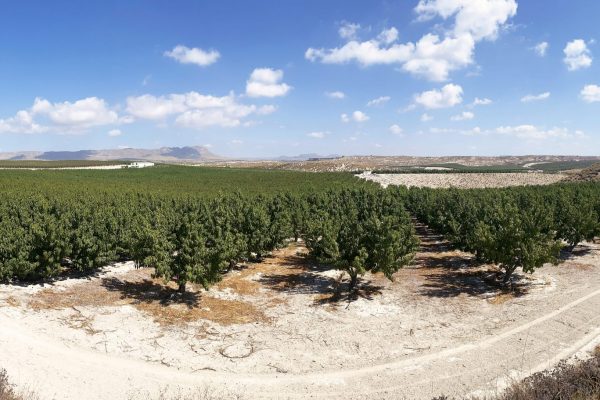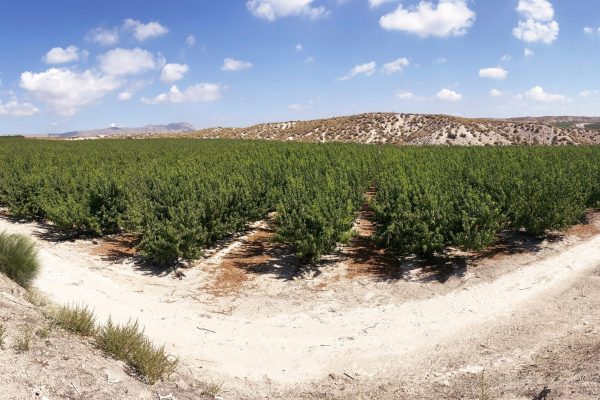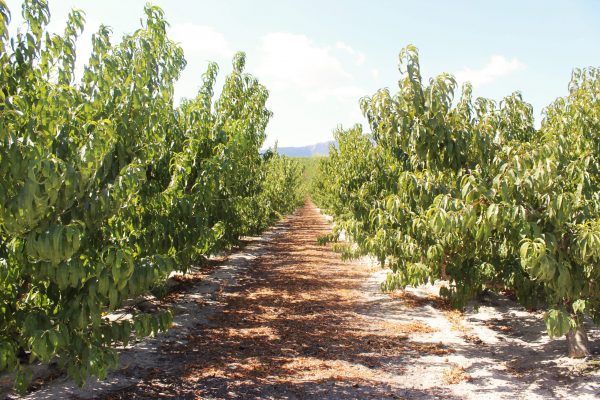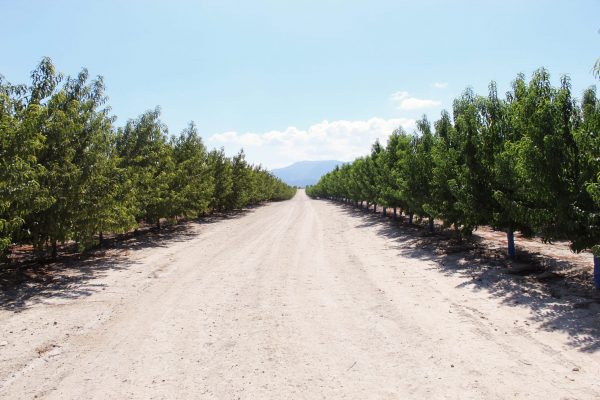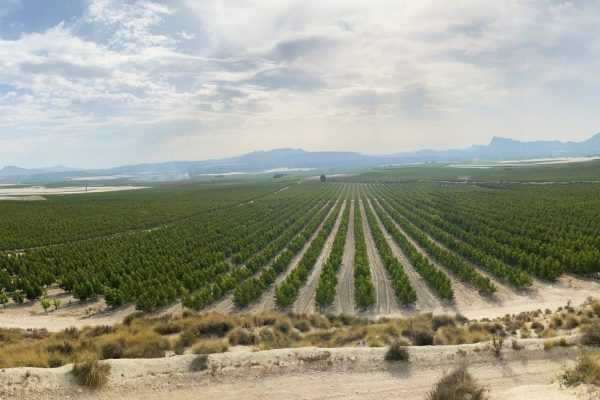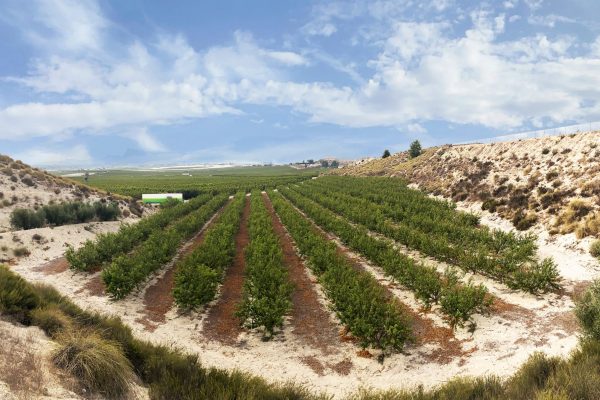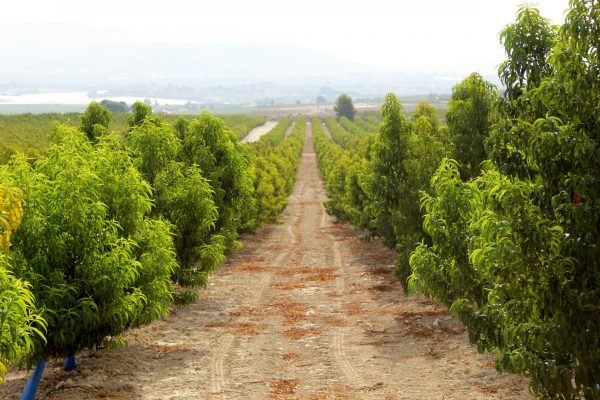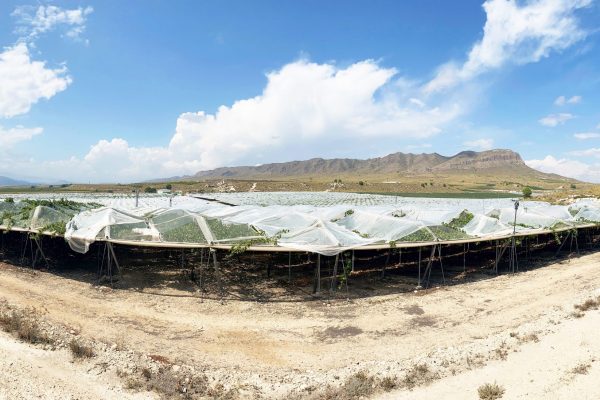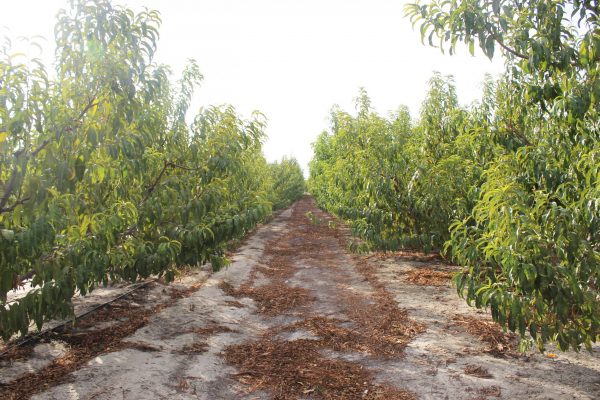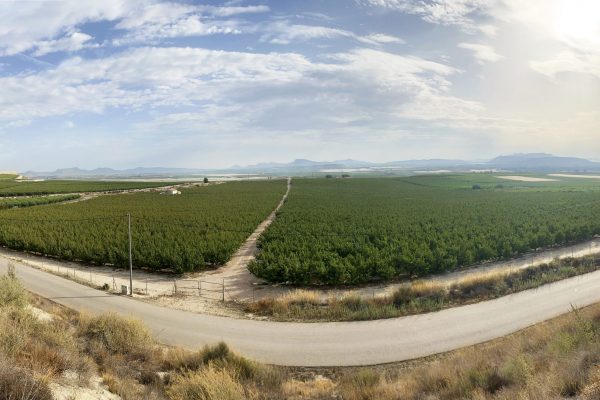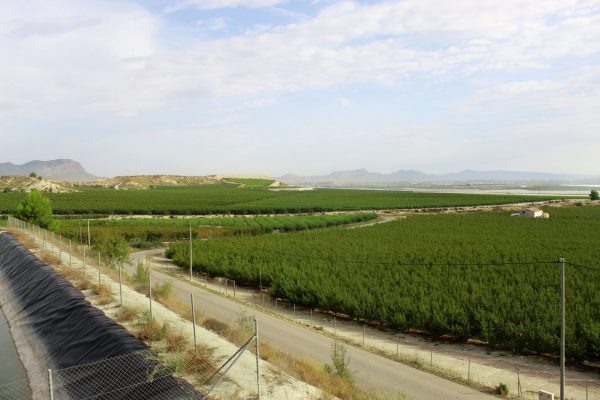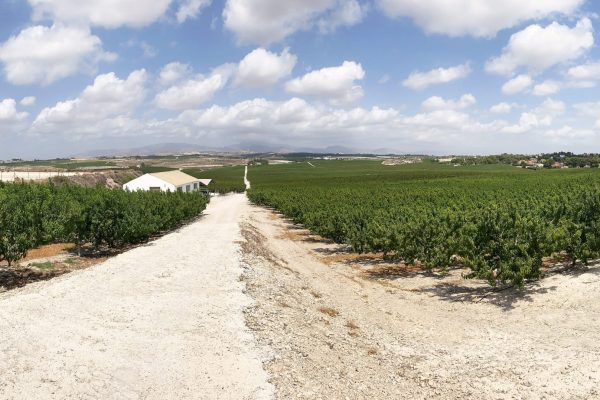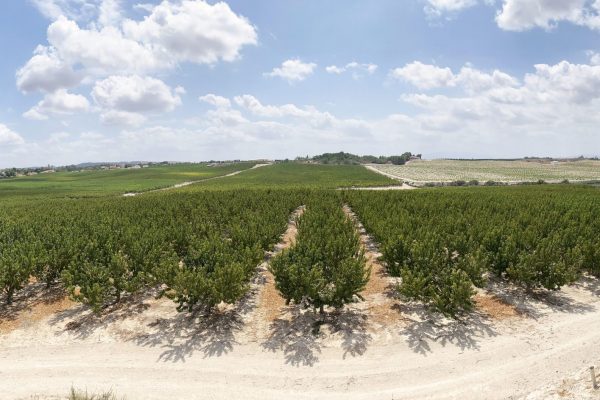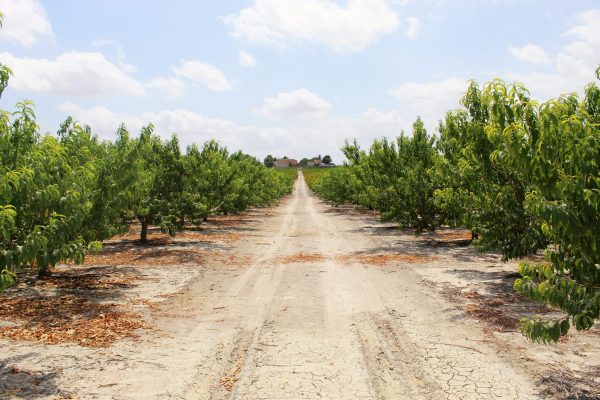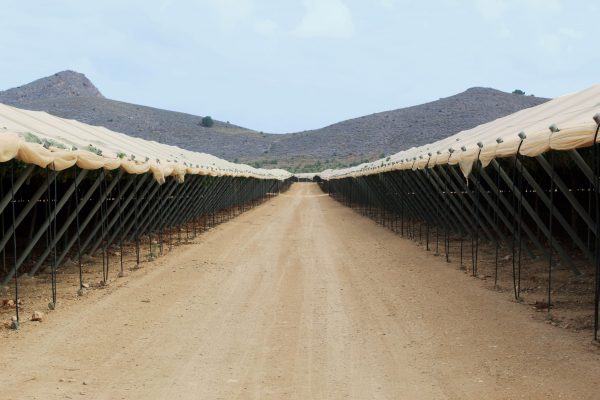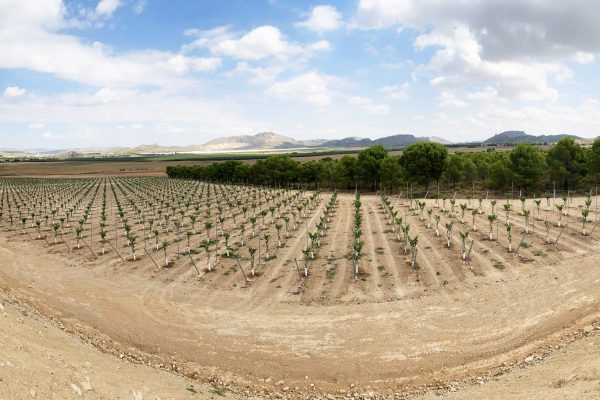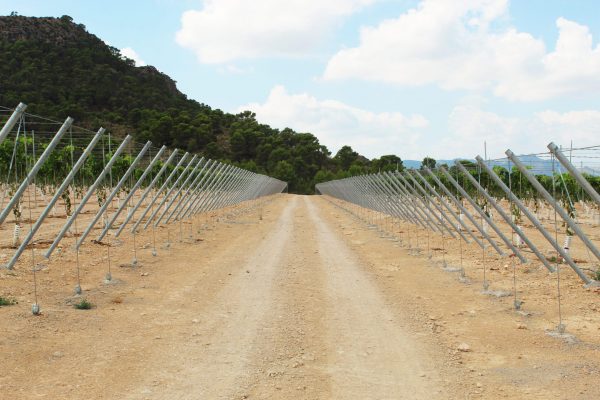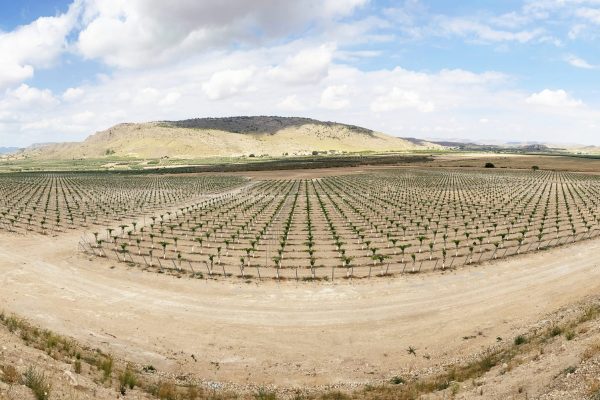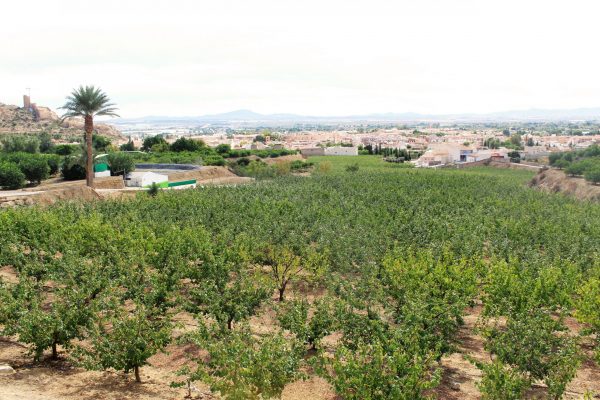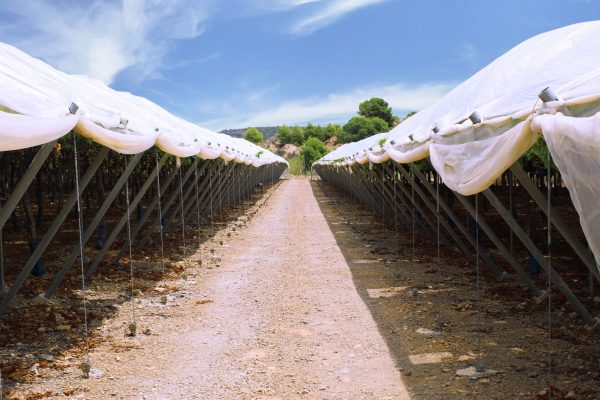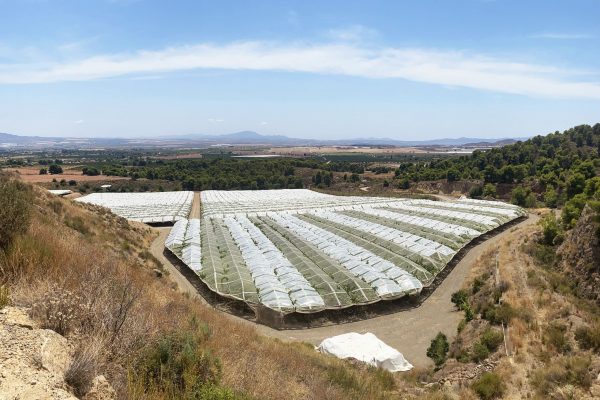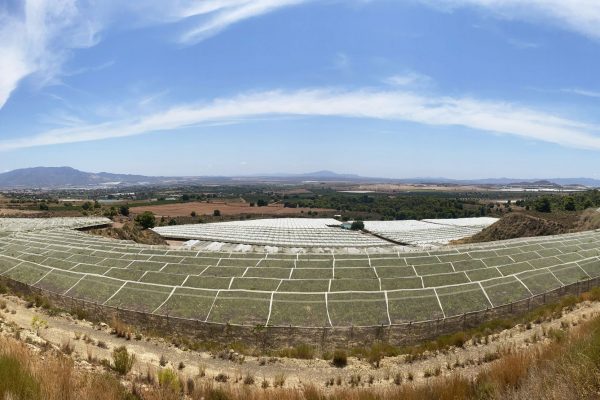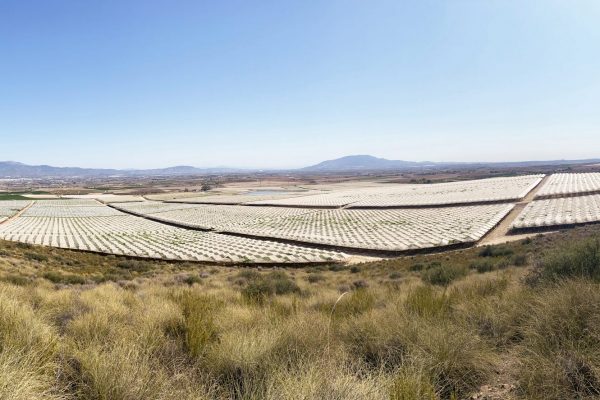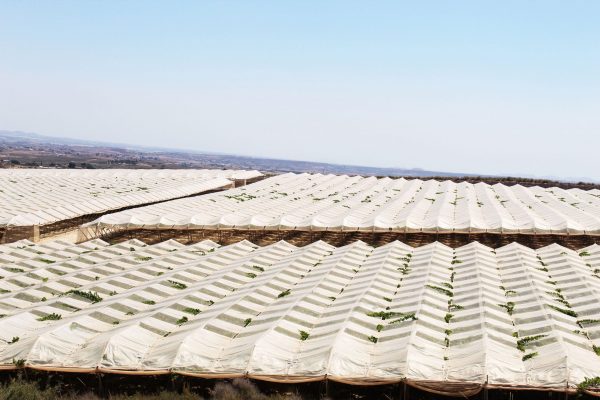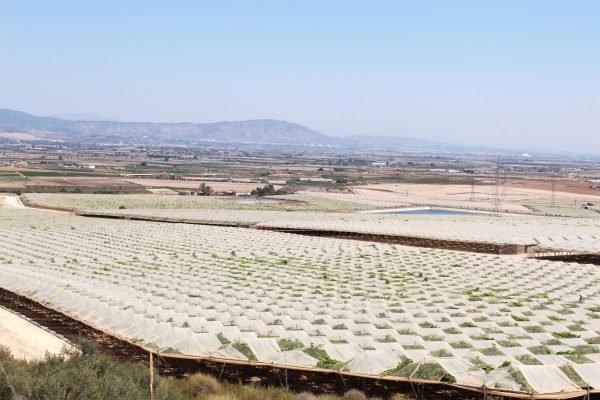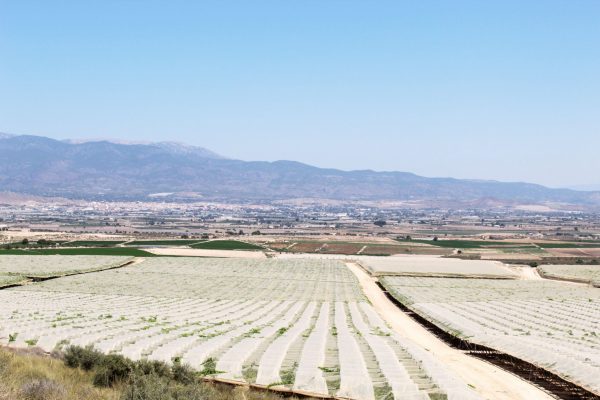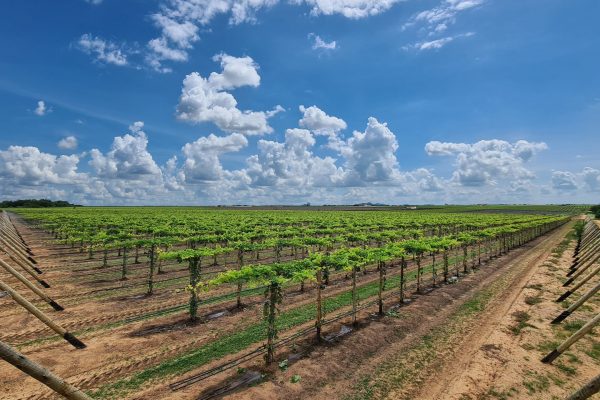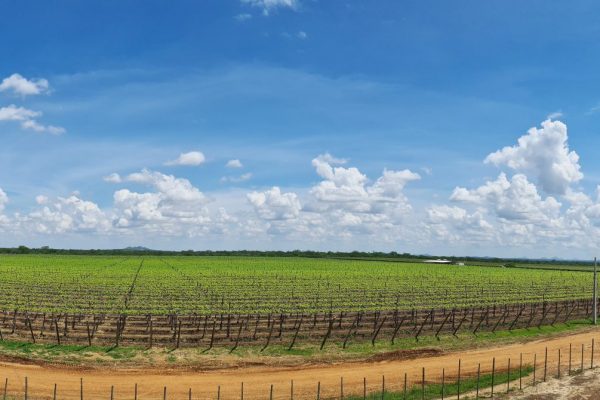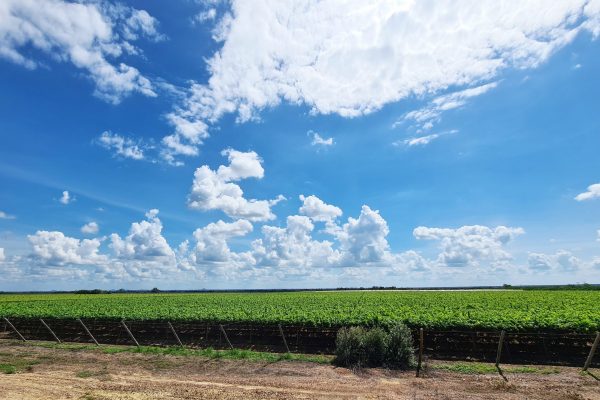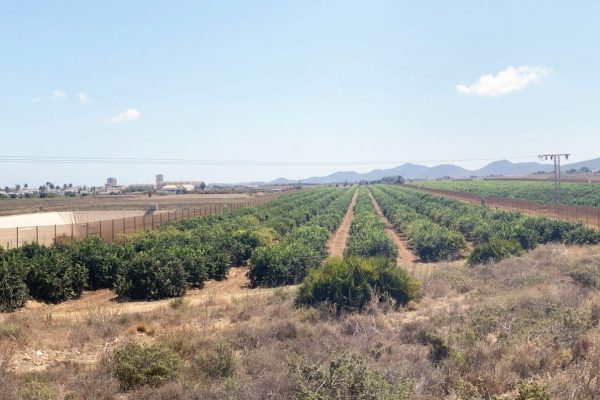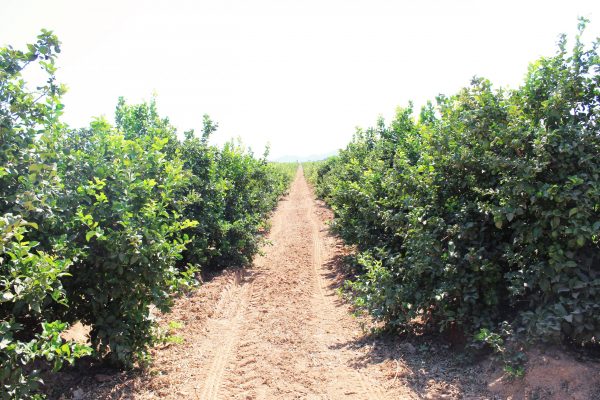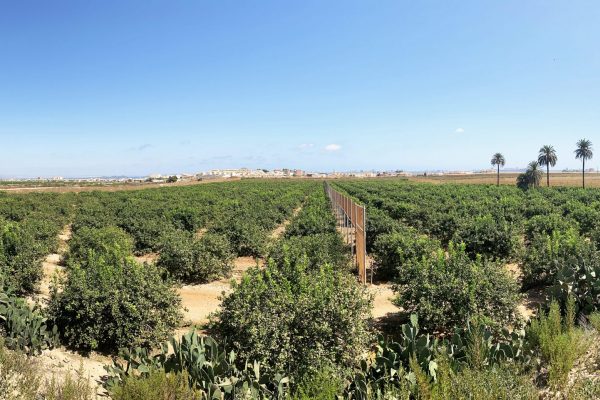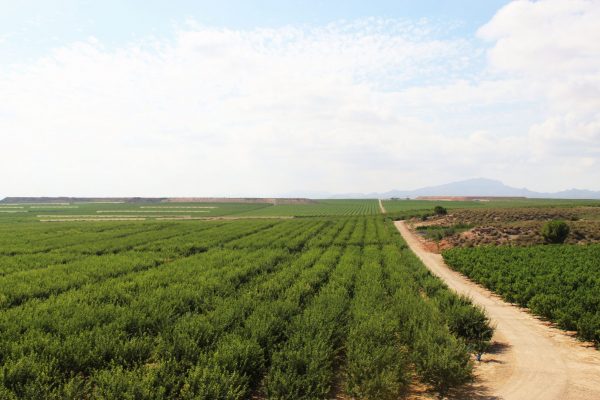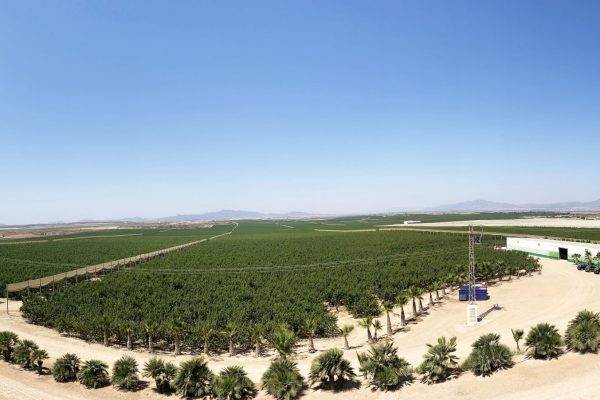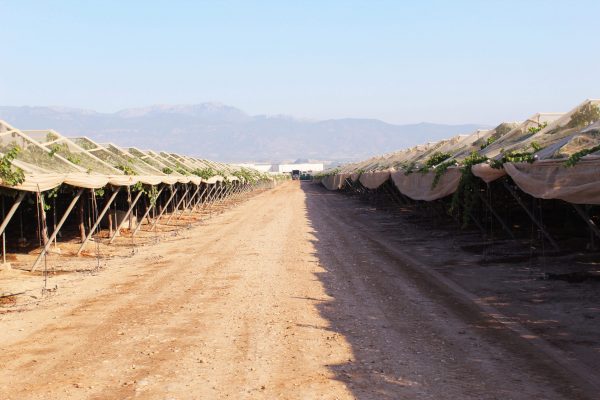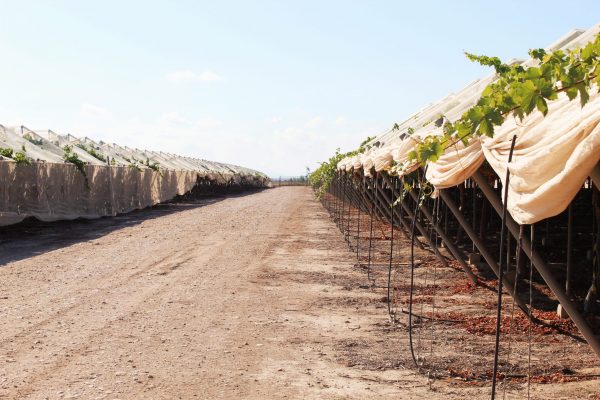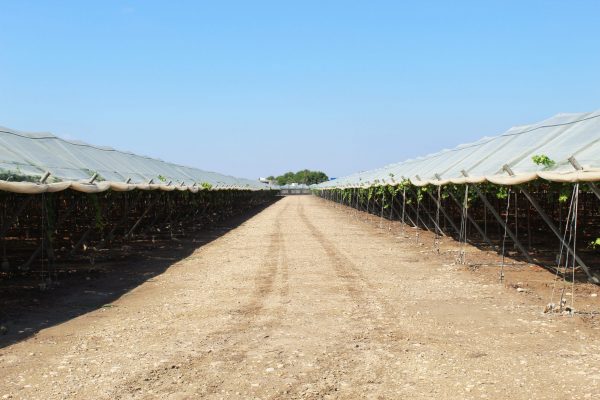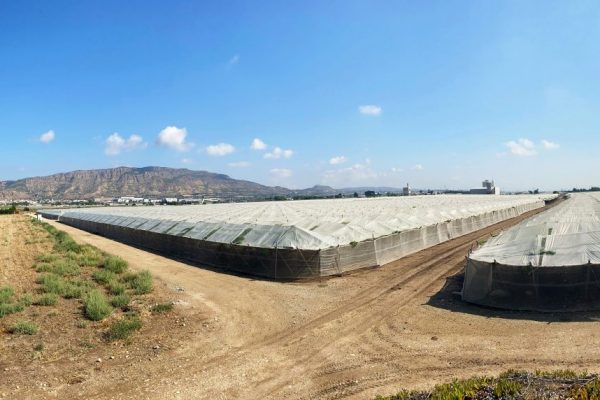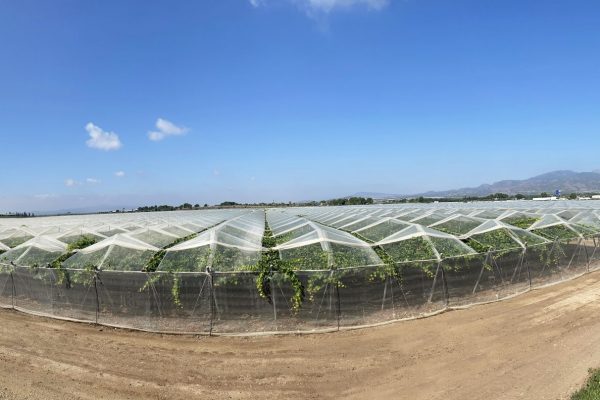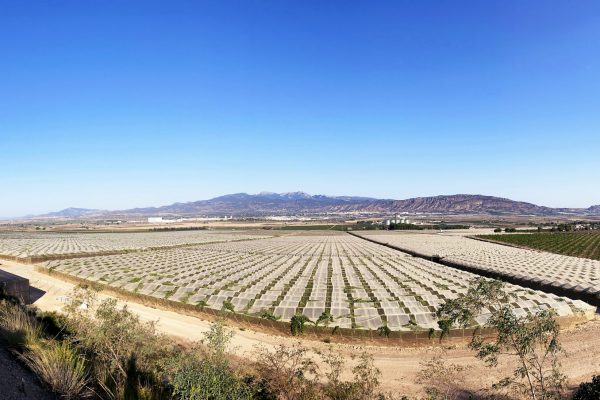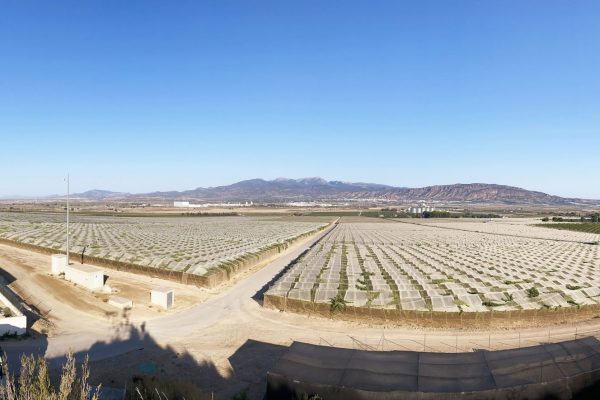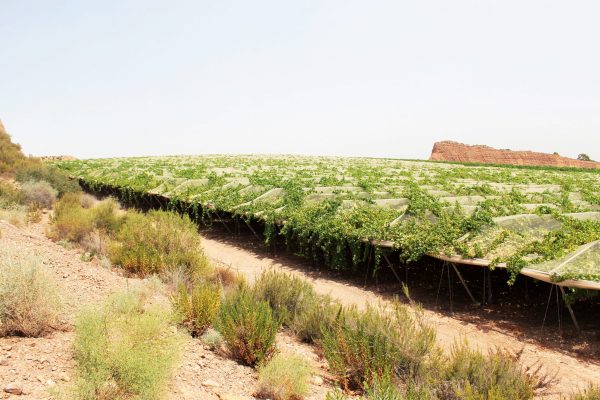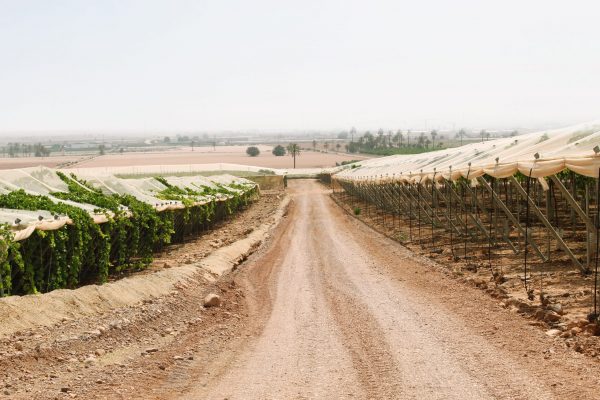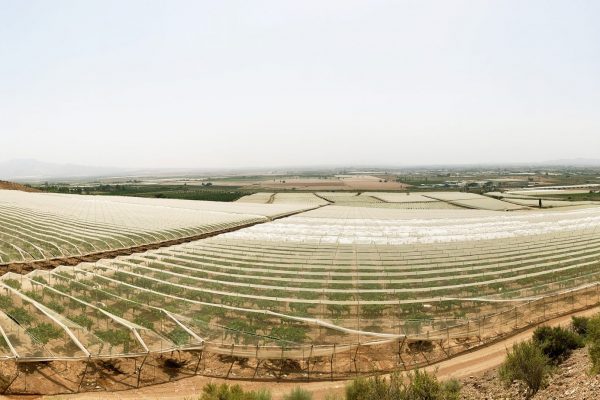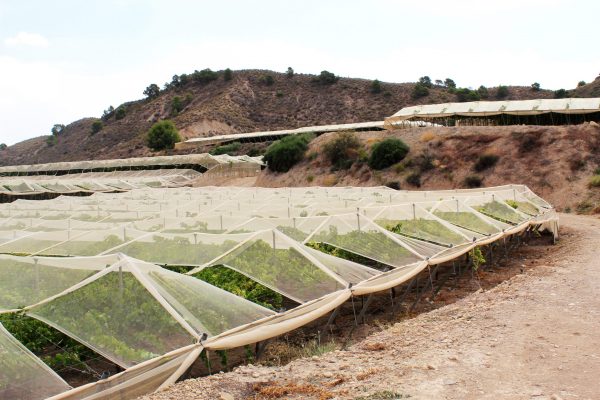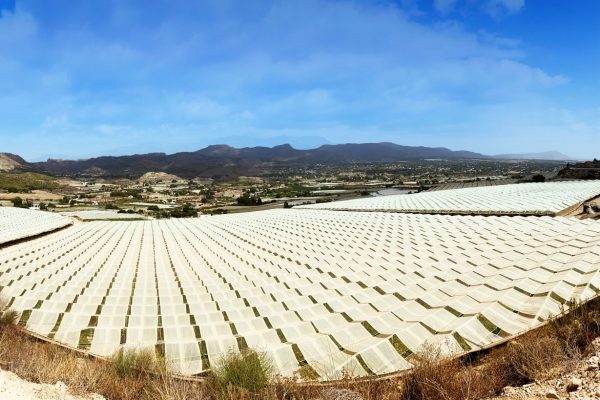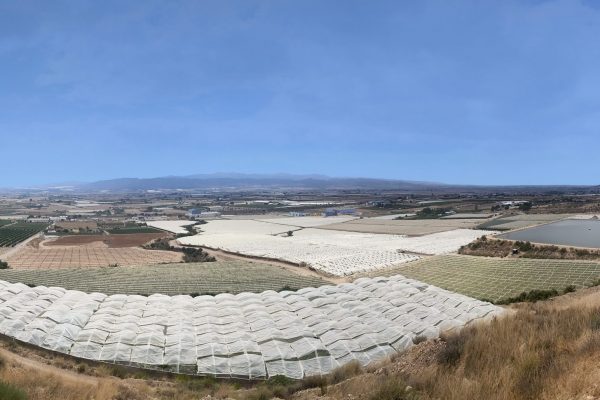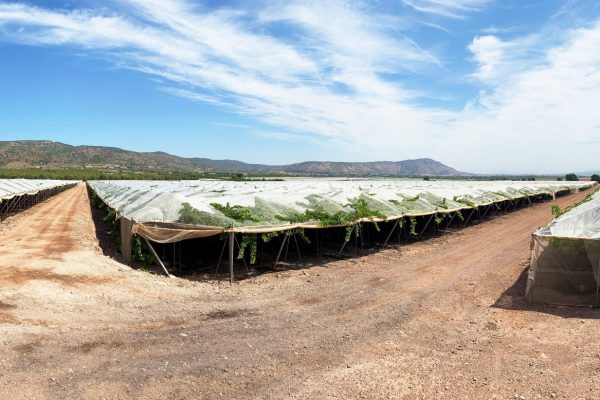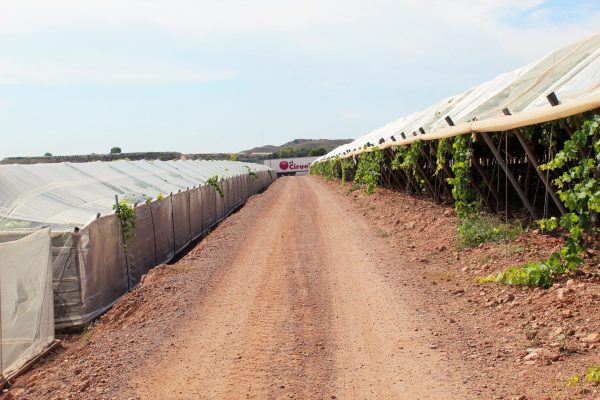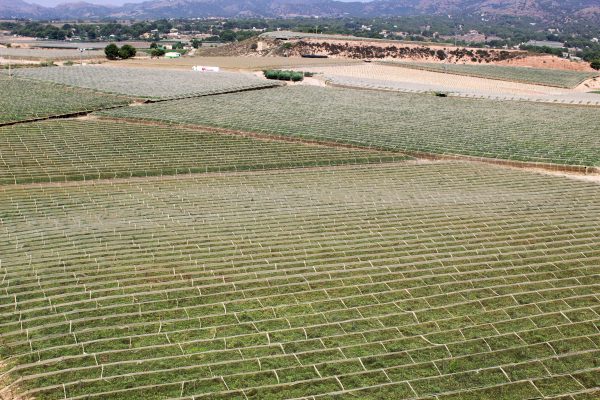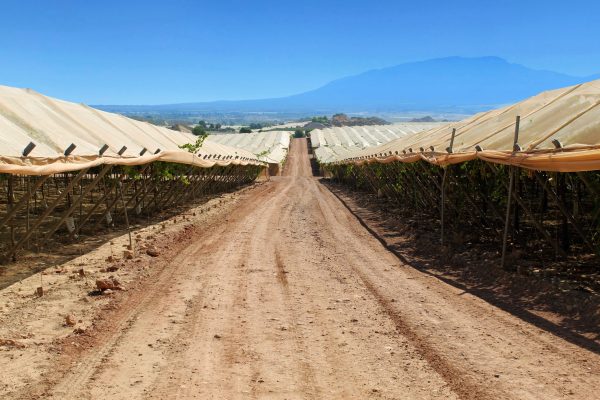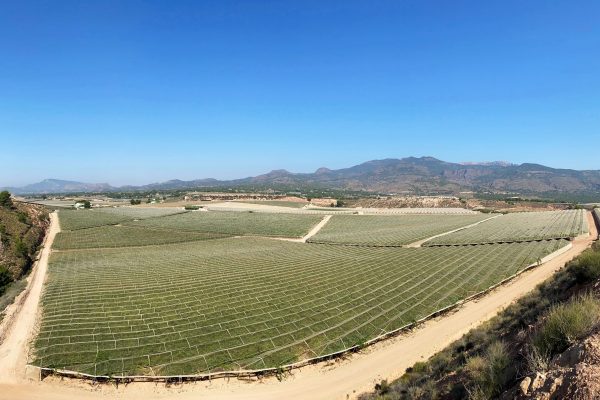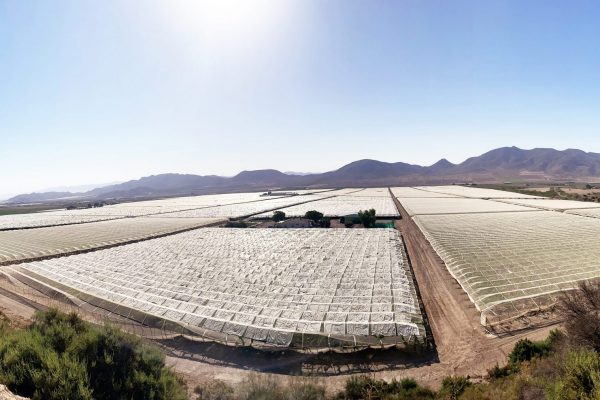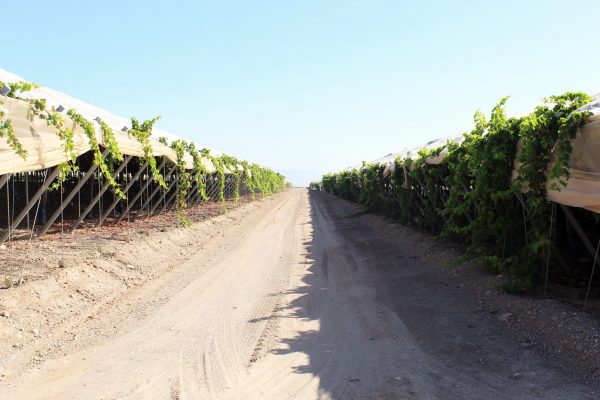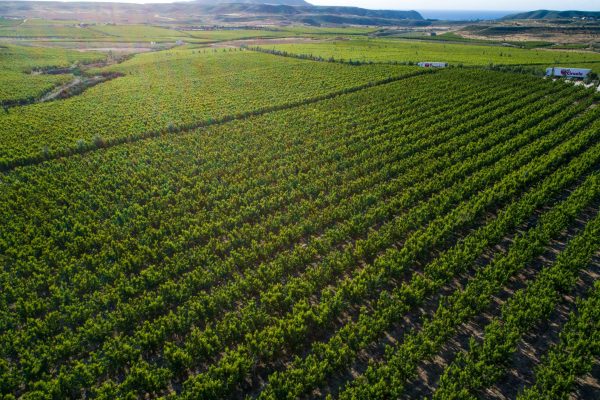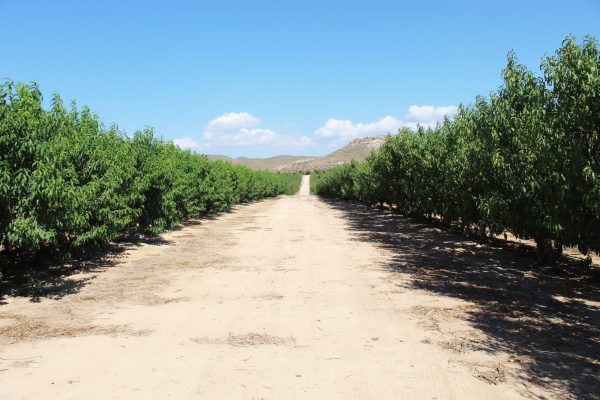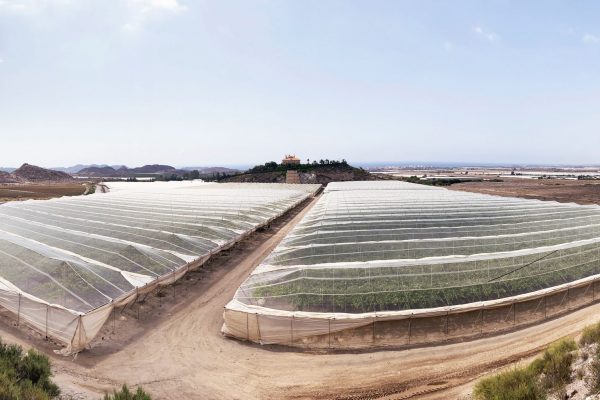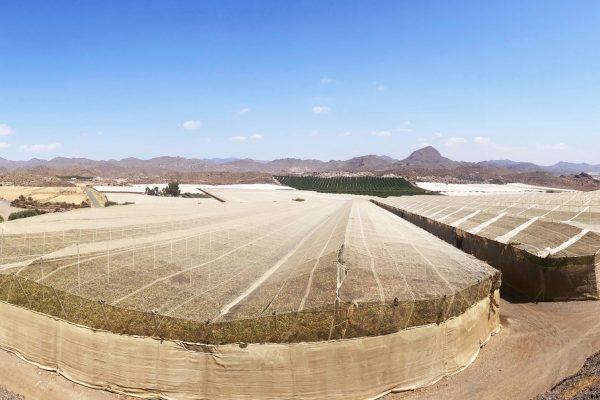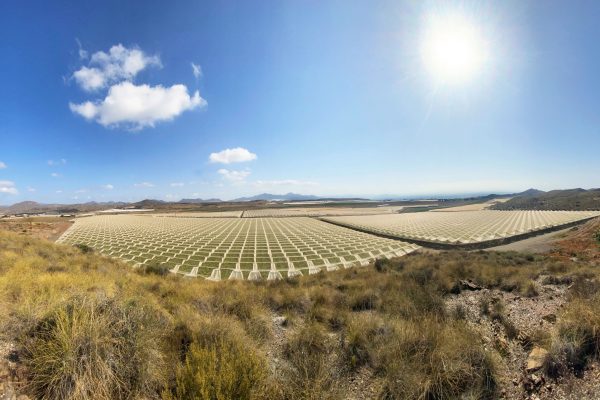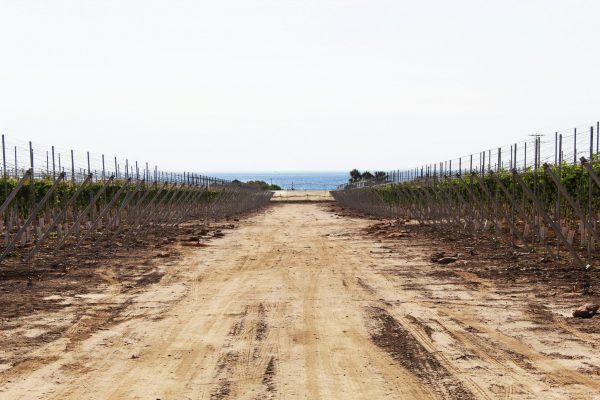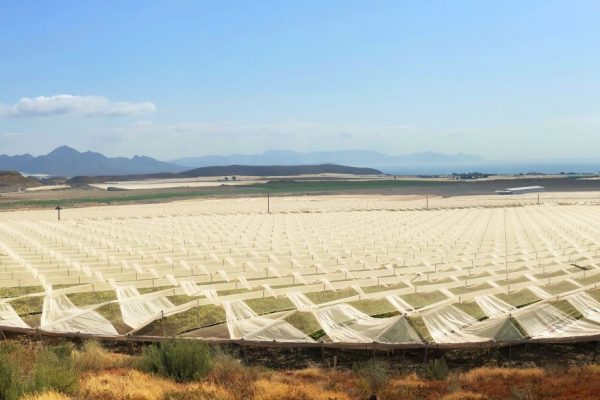People say that what you eat can significantly affect many aspects of your health, even the risk of developing chronic diseases like heart diseases, diabetes and cancer. However, it has been shown that the development of cancer, particularly, is heavily influenced by diet.
A study conducted by Texas A&M University confirms that antioxidant compounds found in peaches and plums can fight breast cancer, even in its most aggressive forms. The study suggests that two phenolic compounds, a type of antioxidant that fruits contain in large quantities and affect their colour, aroma or taste characteristics, are responsible for killing cancer cells.
To find out if these antioxidants had anti-cancer properties, they chose breast cancer, considered to be one of the most common cancers in women. The researchers used extracts from two everyday fruits: the Black Splendor plum and the Rich Lady peach. They found that they killed cancer cells, even the most aggressive ones, without damaging normal cells, which is very significant. It was determined that 2 specific phenols, chlorogenic and neochlorogenic, were responsible for this selective killing. Both are very common in fruits but stone fruits such as plums and peaches, where levels are particularly high.
These compounds could be added to therapies used today to reduce metastasis risk, the main problem in these and other cancers, by being given as a supplement or, the researchers found in their work in mice, in doses equivalent to consuming 2 or 3 pieces of plums or peaches a day.
Many foods contain beneficial compounds that may help slow cancer growth. There are also several studies indicating that a higher intake of certain foods may be associated with a lower risk of developing cancer.
Other useful foodstuffs:
- Grapes: particularly red grapes, due to the presence of resveretrol, a phytonutrient with anti-inflammatory and antioxidant properties which may help prevent cancer cell growth.
- Red fruits: blueberries, raspberries, redcurrants, due to their content of antioxidant compounds such as polyphenols that reduce and repair damage to cells, as well as being rich in vitamin C.
- Tomatoes: because of their lycopene content, an antioxidant that protects against cell damage and may help stop those cells that are not growing properly. Boiled tomatoes contain more lycopene than fresh tomatoes.
As new research continues to emerge, more and more it has become clear that your diet plays a key role in your risk of developing cancer.
While many foods have the potential to reduce the spread and growth of cancer cells, the current investigation has been limited to laboratory, animal and observational studies.
It requires further studies to understand how these foods may directly affect the growth of cancer in humans.
Meanwhile, a diet rich in whole foods, combined with a healthy lifestyle, seems a safe bet to improve many aspects of your health.

